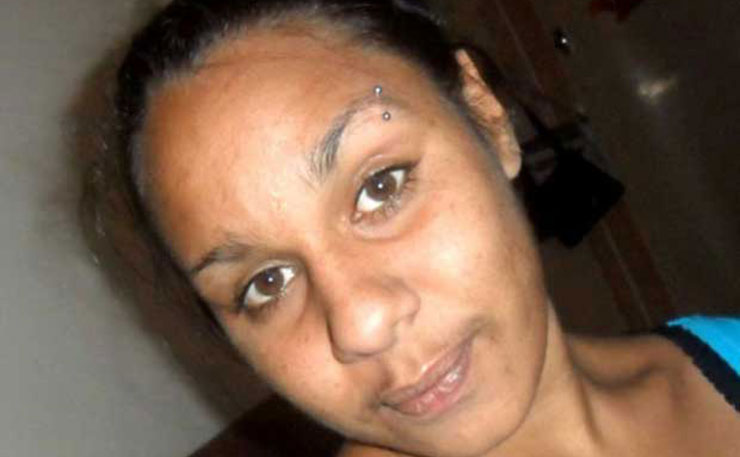Last week I wrote about the tragic death in custody in Western Australia of 22-year-old Aboriginal woman Ms Dhu. The negligence and racism surrounding her death in this day and age, are both shameful and infuriating.
This is no less so given the knowledge we have of how to prevent Aboriginal deaths in custody from reports such as the Royal Commission. Many of these sources I cited in my previous article, from a legal perspective as someone who studies law and works at the Victorian Aboriginal Legal Service.
However, as a postscript, I want to write from a more personal point of view. I was prompted to write about the case of Ms Dhu for a number of reasons – as a current example of the ongoing genocide of Aboriginal peoples in our prisons; as a legal rebuff to demonstrate that we have the knowledge to prevent custodial deaths, but lack the compassioned impetus; that Australia’s racist foundations – as rightly pointed out by SBS presenter Stan Grant – continues to impede justice and equality for Aboriginal and Torres Strait Islander peoples.
I was also prompted when I saw the name of Ms Dhu’s partner – Dion Ruffin – who gave evidence as part of the inquest into her death while incarcerated in Greenough prison.
The name rang a bell, and sure enough, after confirming with my father, it transpires that the Ruffin’s are old family friends of ours from when I was a kid growing up in Geraldton.
I remember those family visits well – a lot of laughter, a few tears, and of course, a good feed. As a non-Aboriginal kid growing up in a fairly segregated town, it was an eye-opener into what seemed another world.
Sadly, it still feels like another world. Mr Ruffin is 41-years-old, only four years older than me. Our families may have shared lunch when we were kids, but that’s all we’ve shared. I’ve had many opportunities over the years, and now work at the Victorian Aboriginal Legal Service, while Mr Ruffin is now embroiled in an inquest regarding the preventable custodial death of his partner.
They were both arrested on the same day, although reportedly for unrelated charges. Mr Ruffin was forced to sit in an adjacent cell to Ms Dhu, and listened to her ‘choking on her vomit and struggling to breathe’.
Via video link from Greenough prison, Mr Ruffin informed the inquest that he heard a loud bang, and Ms Dhu’s cries for help end abruptly. He then watched as an officer dragged her ‘lifeless body’ along the floor by her hands.
As part of both my job and my involvement in music, I hear many jail stories from Aboriginal people. Not just in Victoria, but as far-flung as the Western Desert, Arnhem Land and the Tiwi Islands.
Over time I’ve come to realise that for many Aboriginal and Torres Strait Islander people, jail is simply the norm. Just as going to school and getting a job is for me – a non-Aboriginal person – a part of life, so is going to prison for Indigenous peoples.
I’ve heard more than once that doing jail would be preferable to paying fines – as in the case of Ms Dhu – as the jail time is ‘easy’, and the alternative, unreasonable payment plans, simply keeps people in poverty.
I’ve also been told over the years that going to jail is a good thing as it keeps you off the streets, you get three meals a day and a roof over your head, all your cousins are there – no big deal.
This state of affairs should be a big deal. It should be a big deal when it is more likely a young Aboriginal person will end up in jail than finish high school.
It should be a big deal when the overwhelming number of incarcerated people are Indigenous.
It should be a big deal when an Aboriginal man is forced to watch his partner dragged dying across the prison floor.
It should be a big deal when racism begets poverty, and poverty is punished with incarceration.
It should be a big deal when Aboriginal and Torres Strait Islander peoples continue to be oppressed by a system that shows no recognition of sovereignty.
It should be a big deal when two young kids, of around the same age, sitting around a kitchen table back in the 1980’s, one black, and one white, grow up to have vastly different lives.
Me – working with inmates on the free side of the prison bars, and Mr Dion Ruffin, watching his partner die in custody at the hands of a nation of indifference.
Donate To New Matilda
New Matilda is a small, independent media outlet. We survive through reader contributions, and never losing a lawsuit. If you got something from this article, giving something back helps us to continue speaking truth to power. Every little bit counts.





